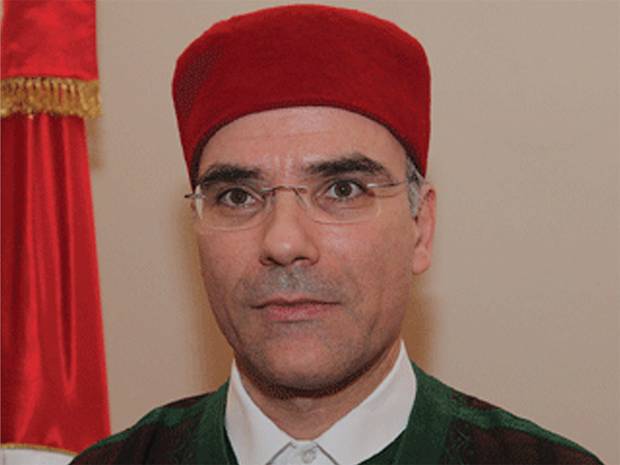Tunisia to build border barrier with Libya to keep out militants
Seifeddine Rezgui, the Tunisian gunman who slew 38 people, mostly tourists, in Sousse, is believed to have received training from Islamist militant group Ansar al-Sharia in Libya, which is in the grips of a fractious civil war.
Messages and flowers are left on Marhaba beach where 38 people were killed in a terrorist attack June 28in Souuse, Tunisia.
The barrier will cover about a third of the 310 mile-long border and is due to be finished by the end of the year, Habib Essid, the prime minister, said in a television interview.
The Tunisian army would build the wall, which would have surveillance centres at certain points along it, Mr Essid said. The Islamic State, which has a Libyan off-shoot, separately claimed responsibility for the attack and has set its sights on expanding its branches in North Africa.
Authorities had already tightened security following the Sousse attack, in which 30 Britons were killed, deploying more than 1,400 armed officers at hotels and beaches.
The Tunisian government has said that the Mr Rezgui was trained in Libya, as were two gunmen who carried out another fatal attack on tourists at a museum in the capital Tunis earlier this year.
The state of emergency will deepen a pre-existing crackdown on suspected militants, temporarily allowing the government to restrict rights to public assembly, order house raids or arrests, and take control of media outlets.
The wall will not stretch the entire length of the Tunisia-Libya border, which extends 500 kilometres south from the Mediterranean Sea to where the border joins the Tunisia-Algeria border.
In a nationwide televised address, the president officially reintroduced urgent security measures for Tunisia that had been lifted in early 2014.
Tunisia’s government has promised new laws to increase police powers and provide for harsher penalties for terrorism convictions.
It initially included a curfew and a ban on meetings of more than three people.








